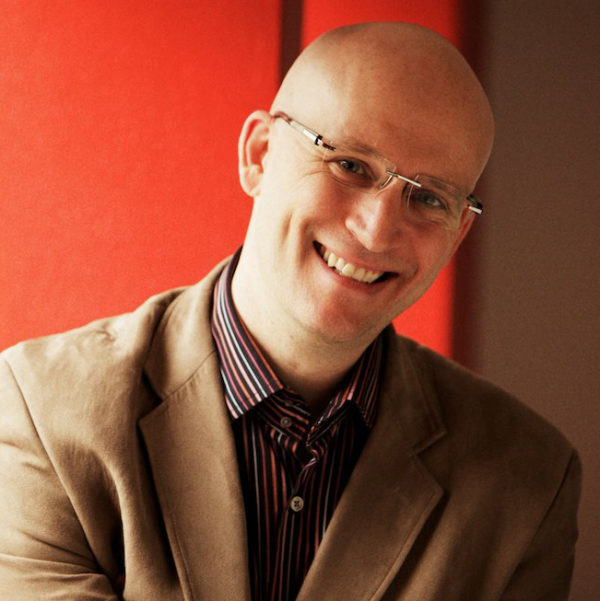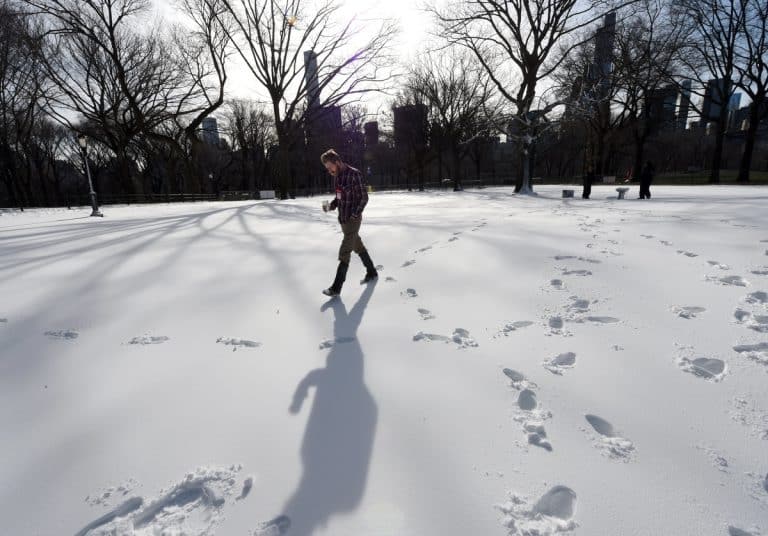Transforming the “Other” to “Us”: A Call for Faith Communities to Practice Mutuality
More than 50 years later communities of faith are still the most segregated major institutions in America. Why?
In the early 1960’s, Dr. Martin Luther King Jr. was often asked if he didn’t feel that integration could only be started and realized in the Christian churches, not in schools or in other organizations. This action of the churches would be a means of revealing just who were the true Christians. Dr. King always replied, “I would certainly have to agree with this. We must face the fact the church is still the most segregated major institution in America.”
As a white male pastor, I grapple with the fact that in 2014, more than half a century later, there has been little change with less than 10 percent of all churches in the United States being racially integrated. Why? Because of the intentional pursuit of homogeneity for the sake of church growth for some and the desperate need for racial refuge for others. The tragedy of such polarities is the perpetuation of racial strife among people who aspire to be ambassadors of reconciliation.
After decades of dialogue and hundreds of books written about racial reconciliation, the question must be posed: Why can’t more communities of faith break away from the homogeneity and refuge mindsets to be more integrated?
A convincing amount of research is telling us that religious institutional segregation stems not from music, clothing, food, and preaching preferences, or even theological convictions. Rather, it arises from a pervasive unwillingness of people to practice identification, reconciliation, and mutuality with those of other races. If churches (and all communities of faith for that matter) hope to write a different script for the next 50 years, there is much work to be done.
Identification is the starting point because it is impossible for people to integrate if they share little empathy and knowledge of one another’s racial narratives. For instance, most Americans argued about the tragic death of Trayvon Martin in terms of the machinations of the justice system. The work of identification is more personal. It places proximity ahead of postulations. It asks everyone, regardless of skin color, to stand alongside African-American families with teenage boys and learn firsthand why they believe black men are being set up for failure in our culture. This response will involve listening to uncomfortable truths and reexamining assumptions about the role that race still plays in our society.
After identification comes reconciliation, or the practice of making things right between one another. This is best done one-on-one or in small groups where it is safe for people to be honest with one another. Prejudice is difficult to dismantle as a societal monolith but can be carefully disassembled when any two people are willing to process past grievances, build trust, and forge new futures together.
Identification and reconciliation are important, but the ultimate game changer is mutuality. Mutuality is the joyful art of doing life together across racial categories without fear.
American religious traditions as a whole have largely failed to model racial mutuality for broader society because they lack working philosophies and theologies of diverse community. It is hard to discern where philosophies end and theologies start, but one thing is clear: if communities of faith want to thrive in an increasingly globalized world, they will be wise to widen their horizons beyond the Western cultural definitions of community bred in the hierarchies of European colonialism and America’s rugged individualism. Both have an innate propensity to eschew “the other.”
Consider, for example, the African concept of Ubuntu. South African human rights activist Desmond Tutu once wrote:
“Ubuntu is the essence of being human. It speaks of how my humanity is caught up and bound up inextricably with yours. It says, not as Descartes did, ‘I think, therefore I am’ but rather ‘I am because I belong.’ We are created for a delicate network of relationships, of interdependence with our fellow human beings.”
This philosophy is one that can help faith communities embody mutuality and transform “the other” to “us.”
America is rapidly becoming a snapshot of our globalizing world, and dialogues about race are only going to intensify as we move toward a truly multiracial society. Communities of faith can play a more constructive role in bridging racial divisions in the next 50 years than they did in the last 50 if they consider identification, reconciliation, and — most importantly — mutuality.


Share your reflection